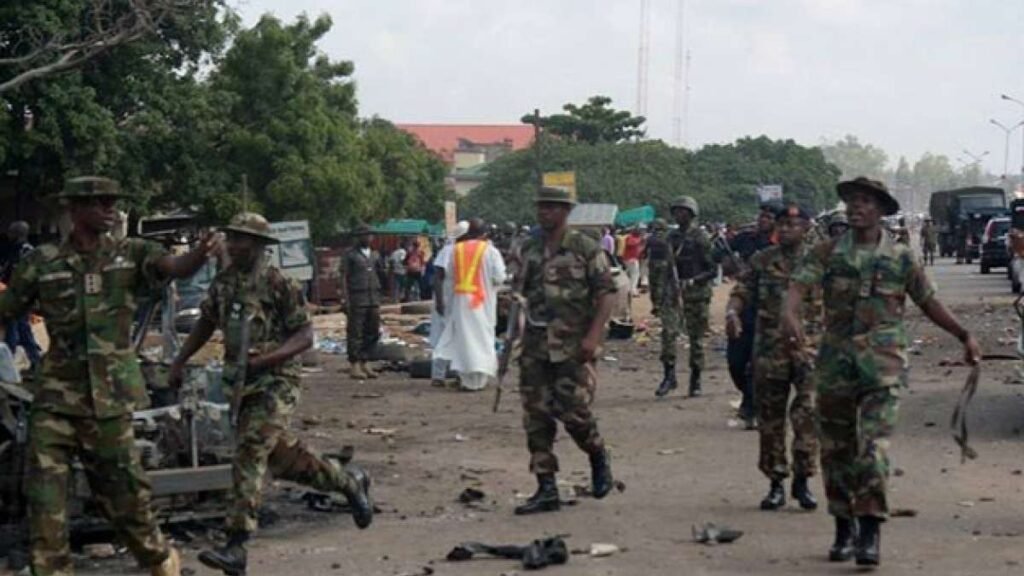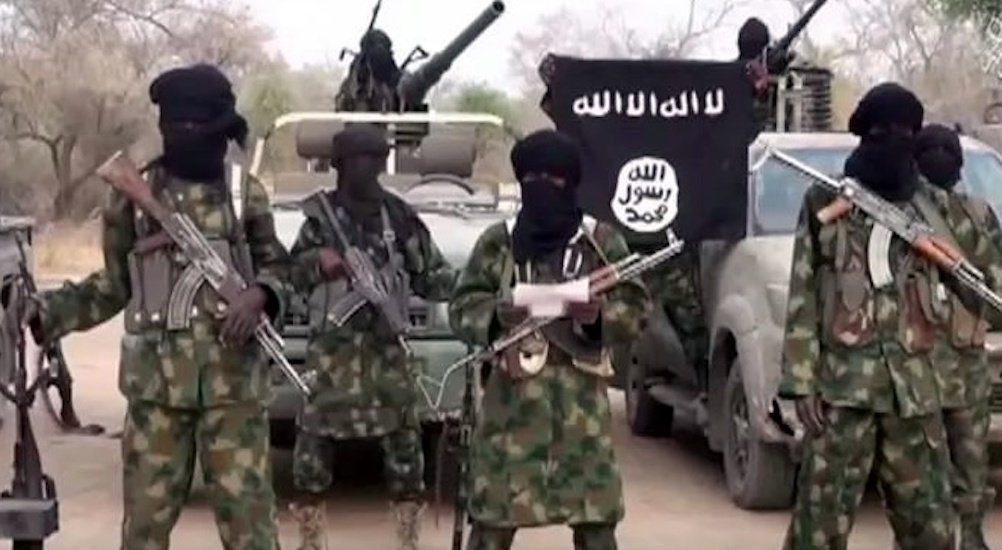Boko Haram, officially known as Jamā’at Ahl as-Sunnah lid-Da’wah wa’l-Jihād, is one of the deadliest terrorist groups in the world. Founded in 2002 by Mohammed Yusuf in Maiduguri, Nigeria, Boko Haram has wreaked havoc across Nigeria and the Lake Chad Basin, encompassing parts of Cameroon, Chad, and Niger. The group’s ideology is rooted in a radical interpretation of Islam, vehemently opposing Western education and seeking to establish an Islamic state governed by Sharia law. Over the past two decades, Boko Haram has evolved from a relatively obscure sect into a sophisticated insurgent group, responsible for thousands of deaths, mass abductions, and widespread displacement.
Origins and Early Years of Boko Haram
Boko Haram’s founder, Mohammed Yusuf, was an influential and charismatic preacher who attracted a large following in northeastern Nigeria. He preached against Western education, which he believed corrupted the values of Muslim youth, and promoted a strict adherence to Sharia law. The name “Boko Haram” is derived from Hausa and Arabic, loosely translating to “Western education is forbidden.”
Initially, Boko Haram operated as a non-violent movement, focusing on establishing an Islamic society through preaching and community support. However, tensions between the group and Nigerian authorities escalated, culminating in a brutal crackdown in 2009. Nigerian security forces killed hundreds of Boko Haram members, including Yusuf, in a series of raids. This crackdown was a turning point, transforming Boko Haram into a violent insurgency under the leadership of Abubakar Shekau.
The Rise of Violence of Boko Haram
After Yusuf’s death, Abubakar Shekau took over as the group’s leader, marking the beginning of a more militant phase. Shekau’s leadership was characterized by extreme violence, including suicide bombings, mass shootings, and kidnappings. The group’s attacks targeted government institutions, security forces, schools, churches, and civilians, causing widespread fear and instability.

One of the most notorious incidents under Shekau’s leadership was the abduction of 276 schoolgirls from Chibok in April 2014. The kidnapping sparked international outrage and the #BringBackOurGirls campaign, drawing global attention to Boko Haram’s atrocities. Despite international efforts, many of the girls remain missing, and the incident underscored the group’s brutal tactics and the Nigerian government’s challenges in combating the insurgency.
Expansion and Affiliations of Boko Haram
As Boko Haram’s violence escalated, the group expanded its operations beyond Nigeria’s borders. The Lake Chad Basin, which includes parts of Cameroon, Chad, and Niger, became a significant area of activity. The group’s cross-border raids and attacks on villages, military bases, and refugee camps spread terror throughout the region.
In 2015, Boko Haram pledged allegiance to the Islamic State of Iraq and Syria (ISIS), rebranding itself as the Islamic State West Africa Province (ISWAP). This affiliation with ISIS provided Boko Haram with increased resources, including funding, weapons, and training. However, the alliance also led to internal divisions, and in 2016, Boko Haram split into two factions: one led by Shekau, continuing as Boko Haram, and the other aligning more closely with ISIS as ISWAP.
Humanitarian Crisis
The impact of Boko Haram’s insurgency has been devastating. The group has killed tens of thousands of people and displaced millions. The humanitarian crisis in the region is severe, with millions of people in need of urgent assistance. Displacement camps are overcrowded, and resources are scarce, leading to dire living conditions for many.
Women and children have been particularly affected. Boko Haram has systematically used sexual violence as a weapon of war, abducting women and girls to serve as forced brides, slaves, and fighters. The psychological trauma and social stigma faced by survivors of Boko Haram’s brutality are immense, complicating their reintegration into society.
Government and International Response
The Nigerian government’s response to Boko Haram has been multifaceted, involving military, political, and social strategies. The Nigerian Armed Forces have launched numerous operations to combat the insurgency, often with the support of regional and international allies. The Multinational Joint Task Force (MNJTF), comprising troops from Nigeria, Chad, Cameroon, Niger, and Benin, has been instrumental in coordinating regional efforts against Boko Haram.
Despite these efforts, challenges persist. The Nigerian military has faced criticism for human rights abuses, corruption, and inadequate coordination. Moreover, Boko Haram’s guerrilla tactics and deep entrenchment in local communities make it difficult to achieve a decisive victory. International partners, including the United States, the United Kingdom, and France, have provided training, intelligence, and financial support to bolster Nigeria’s counter-insurgency efforts.
Socioeconomic and Political Dimensions
Understanding the rise and persistence of Boko Haram requires examining the broader socioeconomic and political context. Northeastern Nigeria, where Boko Haram originated, is one of the country’s most impoverished and underdeveloped regions. High levels of unemployment, illiteracy, and poverty have created fertile ground for radicalization, as disillusioned youths are drawn to the promises of Boko Haram.
Additionally, corruption and governance issues have undermined efforts to address the root causes of the insurgency. Local grievances, such as land disputes, ethnic tensions, and political marginalization, have also fueled support for Boko Haram. Addressing these underlying issues is crucial for achieving long-term peace and stability in the region.
Boko Haram’s Ideology and Tactics
Boko Haram’s ideology is deeply rooted in a radical interpretation of Islam that rejects Western influences and seeks to impose a strict version of Sharia law. The group views Western education, democracy, and secularism as corrupting forces that must be eradicated. This ideological stance is encapsulated in its name, “Boko Haram,” which means “Western education is forbidden.”

Tactically, Boko Haram employs a range of violent methods, including bombings, assassinations, kidnappings, and guerrilla warfare. The group is known for its brutality, often targeting civilians to instill fear and undermine confidence in the government. Suicide bombings, particularly by young women and children, have become a hallmark of Boko Haram’s operations. The use of children in combat and as human shields highlights the group’s disregard for human life and international humanitarian norms.
Efforts at Deradicalization and Rehabilitation
Given the scale of the crisis, efforts to deradicalize and rehabilitate former Boko Haram members are critical. The Nigerian government has implemented various programs aimed at reintegrating defectors and providing them with education, vocational training, and psychological support. These initiatives seek to address the ideological and socioeconomic factors that drive individuals to join Boko Haram.
Community-based approaches have also been essential. Local leaders, religious figures, and civil society organizations play a vital role in promoting reconciliation and rebuilding trust. However, the process is fraught with challenges, including social stigma, fear of retribution, and the need for sustained funding and support.
The Future of Boko Haram and Regional Stability
The future of Boko Haram and regional stability in the Lake Chad Basin remains uncertain. While military efforts have weakened the group, Boko Haram continues to pose a significant threat. The ongoing conflict has strained regional resources and highlighted the need for comprehensive and coordinated strategies that go beyond military solutions.
Addressing the root causes of the insurgency, such as poverty, unemployment, and political marginalization, is essential for achieving lasting peace. Regional cooperation, supported by the international community, is crucial in tackling the multifaceted challenges posed by Boko Haram. Enhancing governance, promoting economic development, and ensuring respect for human rights are key components of a sustainable solution.
Boko Haram’s rise and persistence as a deadly insurgent group underscore the complex interplay of ideology, violence, and socioeconomic factors in shaping contemporary conflicts. The group’s brutal tactics and unwavering commitment to its radical vision have left an indelible mark on Nigeria and the Lake Chad Basin. Combating Boko Haram requires a holistic approach that addresses both the immediate security threats and the underlying conditions that enable such groups to thrive. As the region continues to grapple with the legacy of Boko Haram, the lessons learned from this protracted conflict will be vital in informing future efforts to prevent and counter violent extremism globally.
